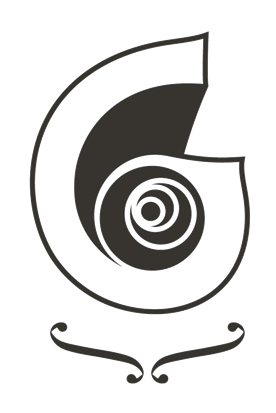Great Musicians Have Great DNA? or Practice 10,000 Hours? Better play to our kids' Strengths
Share

Genetics plays a powerful role in shaping our abilities
The question of what accounts for the vast variability in people’s aptitudes for skilled and creative pursuits goes way back — are experts born with their skill, or do they acquire it? Victorian polymath Sir Francis Galton — coiner of the phrase "nature and nurture" and founder of the “eugenics” movement through which he hoped to improve the biological make-up of the human species through selective coupling — held the former view, noting that certain talents run in families. Other thinkers, perhaps more ethically palatable than Galton, have argued that mastering nearly any skill can be achieved through rote repetition — through practice.
A 1993 study by Ericsson and colleagues helped popularize the idea that we can all practice our way to tuba greatness if we so choose. The authors found that by age 20 elite musicians had practiced for an average of 10,000 hours, concluding that differences in skill are not “due to innate talent.” Author Malcolm Gladwell lent this idea some weight in his 2008 book “Outliers.” Gladwell writes that greatness requires an enormous time investment and cites the “10,000-Hour Rule” as a major key to success in various pursuits from music (The Beatles) to software supremacy (Bill Gates).
It’s potentially unsettling that our abilities are so influenced by a genetic crapshoot. If practicing our way to being just pretty good at something isn’t enough, we can better seek our strengths. More importantly we can avoid setting up unrealistic expectations for children: “I think it’s important to let kids try a lot of different things…and find out what they’re good at, which is probably also what they’ll enjoy. But the idea that anyone can become an expert at most anything isn't scientifically defensible, and pretending otherwise is harmful to society and individuals.”
